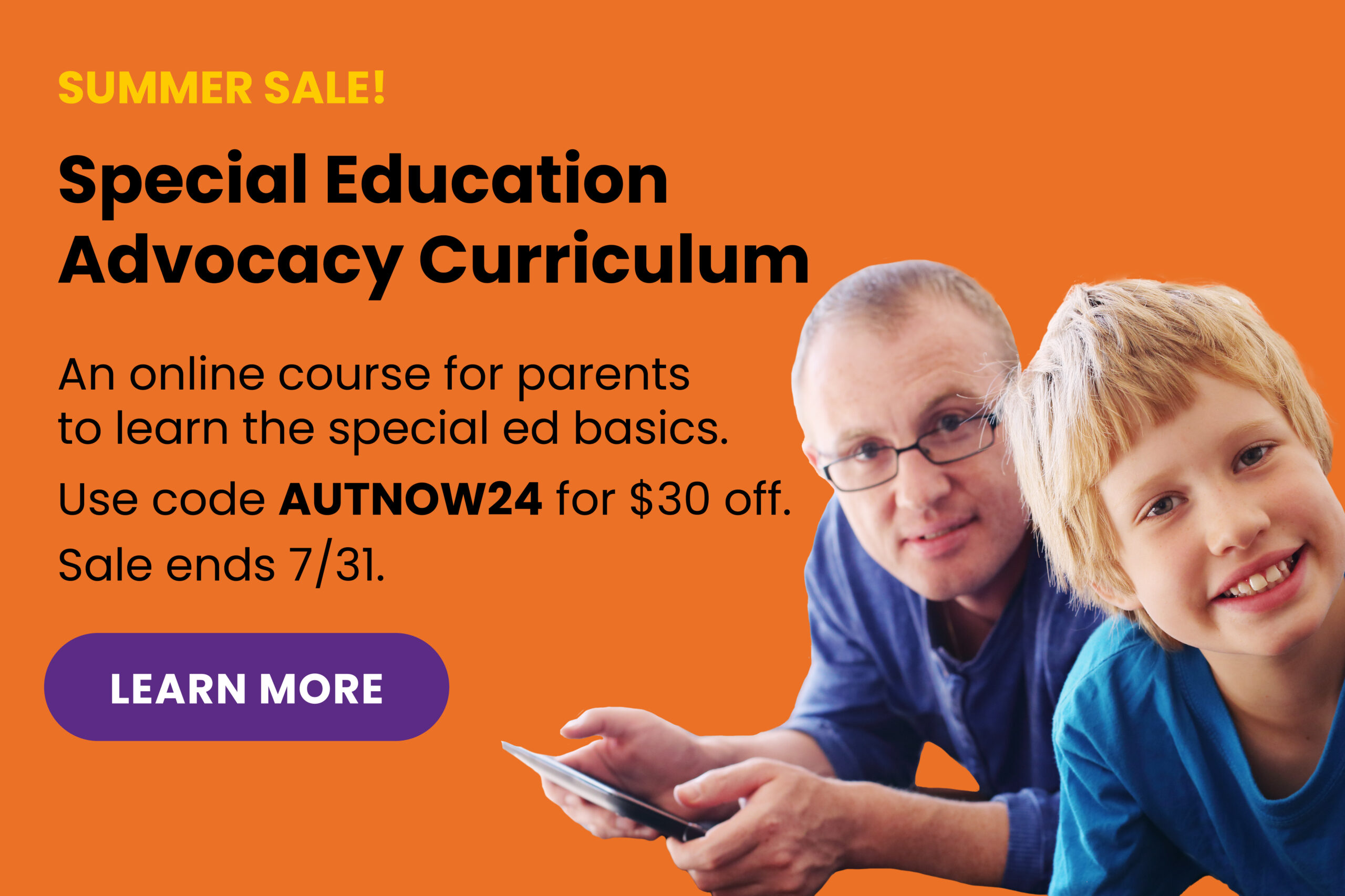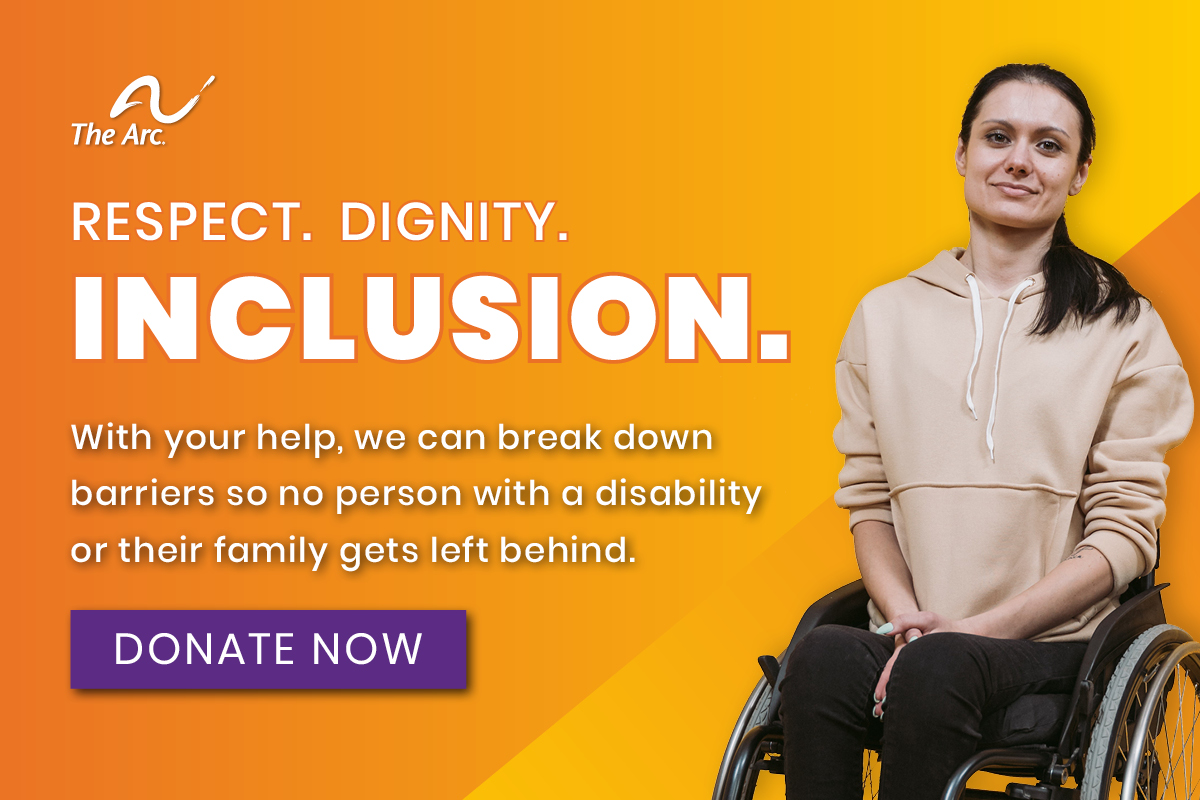Contents
- What college options do students with disabilities, including those with autism have?
- What kinds of college programs exist to specifically support students with disabilities in specialized and regular college classes?
- How do students choose the program that is best for them?
- How can students learn more?
What college options do students with disabilities, including those with autism have?
Students with autism have numerous college options. They might want to start off at a traditional two-year community college to earn a certificate or degree for a specific occupational degree. Or, they may want to pursue a bachelor’s, master’s, or doctoral degree at a four-year college or university. Some students might want to enroll in programs that are designed to support students with disabilities.
How would I be supported if I enroll in courses with students who don’t have disabilities?
There are many ways students with disabilities, including those with autism, can enroll in typical college classes. First, with the right academic support, many students with disabilities take typical college classes. They connect with disability services and work together to be sure that they student has the right supports to access the course. Another way students can access typical courses is to work with disability services and the registrar’s office to identify courses that do not have pre-requisites, meaning courses that are open to the college community. Another option is for students to audit a course. Many students first try auditing a course so that they can participate in the class but not worry about the tests and quizzes and other assignments that might make the experience difficult. Sometimes students then take the class again, but this time for credit, when they are more confident that they can meet the expectations of the course.
What kinds of college programs exist to specifically support students with disabilities in specialized and regular college classes?
There are several different types of college programs that have been developed for students with disabilities. These include:
- two- and four-year college initiatives for students with specific disabilities only
- special, separate programs only for students with disabilities, housed within a 2-or 4-year college or university
- two-or four-year college or university programs with individualized supports provided for students where no specialized courses for students with disabilities are offered.
How do students choose the program that is best for them?
Finding the right college should be based on a number of considerations, but most importantly, the right college should be the one that students themselves believe best match their goals and preferences.
Goals match: Students should consider how well the college program they are looking at matches their goals.
- Will the program prepare you for the kind of career you want?
- Does the college have the kinds of courses you need to take?
- Does the program offer the variety of courses you want to explore a variety of career interests if you are unclear what kind of work you want?
Preferences match: Students should also take into consideration how well a college program matches their preferences. Some things to consider:
- Where the college is located: city, suburb, or rural community?
- How many students attend the college?
- Is housing available and, if so, what support is available for living on campus?
- What kind of activities and sports are available for students?
- What transportation options exist for students to travel on or off campus?
- How much does it cost for tuition, fees, and housing?
How can students learn more?
Below are some resources that include information about exploring college options:
Online Links
Books and Articles
- Getzel, E. E. & Wehman, P. (2005). Going to college: Expanding opportunities for people with disabilities. Baltimore: Paul H. Brookes Publishing Co.
- Grigal, M & Hart, D. (2010). Think College: Postsecondary Options for Students with Intellectual Disabilities. Baltimore: Paul H. Brookes.
- Hart, D., Grigal M., & Weir, C. (2011). Expanding the paradigm: Postsecondary education options for individuals with Autism Spectrum Disorder and Intellectual Disabilities. Journal of Autism and Developmental Disabilities.
- Shaw, S.F., Madaus, J. W., & Dukes III, L.L. (2010). Preparing Students with Disabilities for College Success. Baltimore: Paul H. Brookes.
- Wehman, P., Smith, M.D., and Schall, C. (2009). Autism & the Transition to Adulthood: Success beyond the classroom. Baltimore: Paul H. Brookes.



